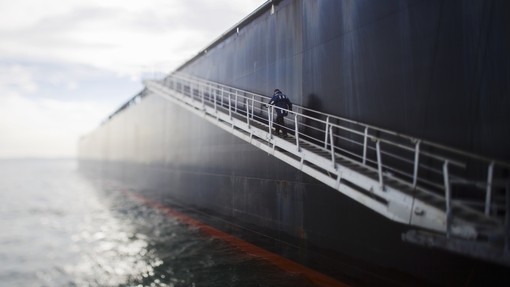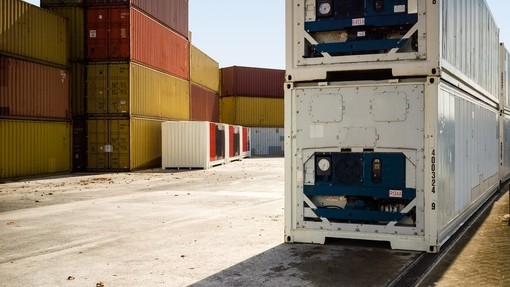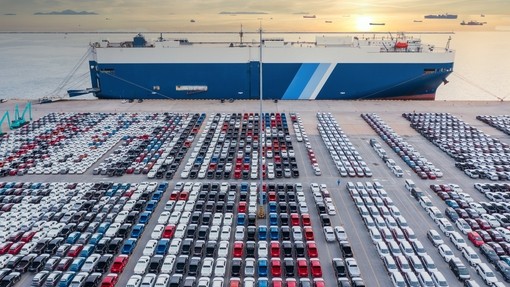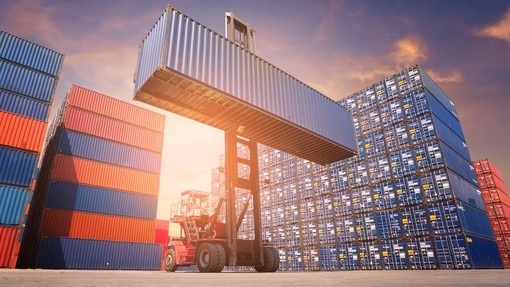Digitalisation of bills of lading
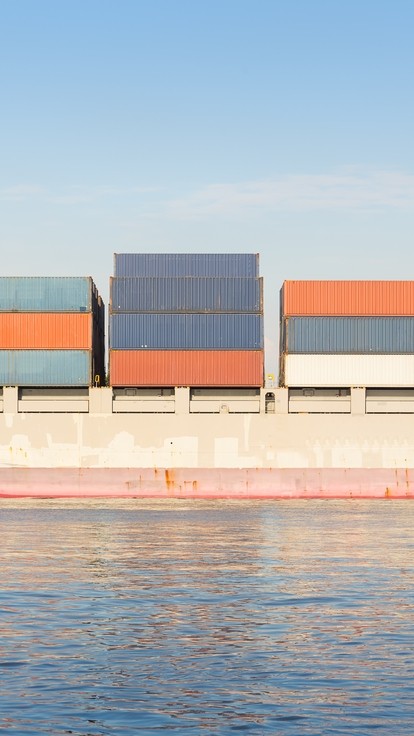
Details
ICC, DCSA, BIMCO, FIATA and SWIFT have launched the Future International Trade Alliance (FIT Alliance) and signed a memorandum of understanding seeking to standardise the digitalisation of international trade. Together, the industry associations hope to collaborate on the development and adoption of relevant standards to facilitate the use of electronic bills of lading.
Established to further digitalisation of container shipping technology standards, Digital Container Shipping Association (DCSA) – a neutral, non-profit group – in conjunction with its nine member carriers, today announced the formation of the Future International Trade (FIT) Alliance with the signing of a memorandum of understanding (MOU) between DCSA, ICC, BIMCO, FIATA and SWIFT in which the organisations commit to collaborating to standardise the digitalisation of international trade and facilitate the use of electronic bills of lading.
The bill of lading, a document that illustrates title to goods, is considered the most important document in international trade and for centuries has traditionally existed as a paper document. Digitalisation of the bill of lading has been the subject of conversation for several years, with the advantages and disadvantages debated by many. The formation of the FIT Alliance will hopefully facilitate acceptance and adoption of an electronic bill of lading by regulators, banks and insurers and assist in unifying communication between these organisations and customers, physical and contractual carriers, and all other stakeholders involved in an international trade transaction.
The reliance on paper versions of shipping documents, including the bill of lading, has its drawbacks. The process of preparation and checking takes time, which inevitably costs money. Goods can reach the port of discharge before the shipping documents have made their way through all parties in the transaction, causing delays at ports with resulting detention and demurrage charges quickly accruing. Consequently, the release of cargo is sometimes subject to a signed letter of indemnity instead of the bill of lading, which has its own issues including negotiation time and the risk of litigation further down the line involving consignees, shippers and freight forwarders. An accelerated digital process should reduce these risks and will benefit all parties involved in the movement.
Moreover, the paper bill of lading is open not only to errors, but also forgery. Digitalisation could significantly reduce fraud, which in turn will create greater trust among consignees and shippers and reduces the risk of carriers’ exposure to claims for misdelivery against a forged bill of lading. However, the development of technology has progressed slowly, reflecting resistance to move forward without careful consideration of the disadvantages. The technology must enable the secure transfer of e-bills to combat the increased sophistication of cybersecurity threats, which is one of the main areas of resistance to digitalisation. In addition, the technology needs to be adopted worldwide.
There are now several solutions available. WAVE BL, a technology company offering electronic bills of lading, claims that its blockchain-based platform imitates the traditional paper-based process. Shipping companies such as MSC (Mediterranean Shipping Company) and most recently, Hapag-Lloyd, have partnered with WAVE BL, in a move to go paperless.
Distributor Ledger Technology (also referred to as ‘blockchain’ technology) has played a substantial role in the enablement of e-bills, as it ensures that they are able to perform their role as a document that is capable of being used to evidence title in goods, evidence of the contract of carriage and also a receipt.
Another disadvantage is that the legal status of e-bills across the world and a global framework does not yet exist. However, countries are beginning to legally recognise the status of e-bills. For example, in February 2020 Singapore passed the Electronic Transactions (Amendment) Bill and became one of the first countries to enact legislation that recognises the use of e-bills. Spain has also adopted a similar framework by virtue of the Maritime Navigation Act 2014.
English law does not currently recognise ‘possession’ of electronic documents and therefore, does not recognise an e-bill as a document of title. However, the England and Wales Law Commission has released its consultation into global electronic documents. The consultation also includes proposals to allow for such documents to be recognised under English law as tangible assets capable of possession and therefore by extension, recognise e-bills as valid documents of title.
The Law Commission’s proposed criteria for an electronic document to be considered capable of being ‘possessed’ under English law, is as follows:
- it exists independently of both persons and the legal system, ie it is not a bare legal right;
- it is capable of exclusive control by only one person at any one time; and
- it is fully divested on transfer, such that the transferor can no longer control the document.
The Law Commission also considered what constitutes possession and transfer of possession. It was determined that whoever has control over the electronic trade document is deemed to be in possession of it. Therefore, transfer of possession occurs when the transferee gains control over the electronic trade document. The Law Commission invited stakeholders to respond and its project is currently at Policy Development stage.
Overall, it is estimated that the use of e-bills will save the industry billions of US dollars per year and is welcomed by many. Faster transactions will reduce the risk of extra freight charges, which will benefit cargo interests. Shippers will also benefit, as the quicker a customer receives its cargo the quicker they will pay. The reduction in fraud will also benefit all parties within the transactional chain. The formation of the FIT Alliance will no doubt be central in pushing the matter forward both globally and at the local level.

